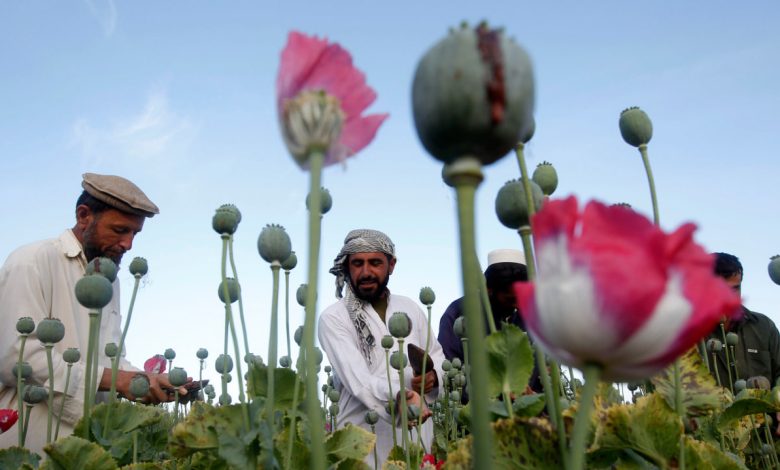
UN Findings: Poppy Cultivation in Afghanistan Increases by 19%
Bayan News – New findings from the United Nations Office on Drugs and Crime (UNODC) reveal that poppy cultivation in Afghanistan has increased by 19% compared to last year.
On Wednesday, November 6, the UNODC released its report on poppy cultivation and alternative livelihoods in Afghanistan. According to the report, despite the ban on poppy cultivation, there has been a 19% increase.
UNODC data shows that the area of poppy cultivation in 2024 reached 12,800 hectares, up from 10,800 hectares in 2023. The report notes that while poppy cultivation has increased this year, it remains far below the levels seen in 2022, when around 232,000 hectares were cultivated.
The report also indicates that poppy cultivation saw a 95% reduction in 2023. Ghada Waly, Executive Director of UNODC, stated, “With the current low levels of poppy cultivation in Afghanistan, we have the opportunity and responsibility to support Afghan farmers in developing sustainable, legal income sources.”
The report further indicates that the geographic center of poppy cultivation has shifted from the southwestern provinces, the traditional hub of Afghan poppy production until 2023, to northeastern provinces, particularly Badakhshan. In 2024, 59% of poppy cultivation occurred in the northeastern provinces, representing a sharp 381% increase in these areas compared to 2023.
Additionally, the report points out an increase in drug prices, noting that the price of dry opium rose to about $730 per kilogram in the first half of this year. Prior to the ban on poppy cultivation, the average price per kilogram was around $100.
The UNODC added that high prices and reduced opium reserves may encourage farmers to defy the ban, particularly in areas outside traditional cultivation centers and in neighboring countries.
Four Suicides Reported in Afghanistan Over the Past 24 Hours







